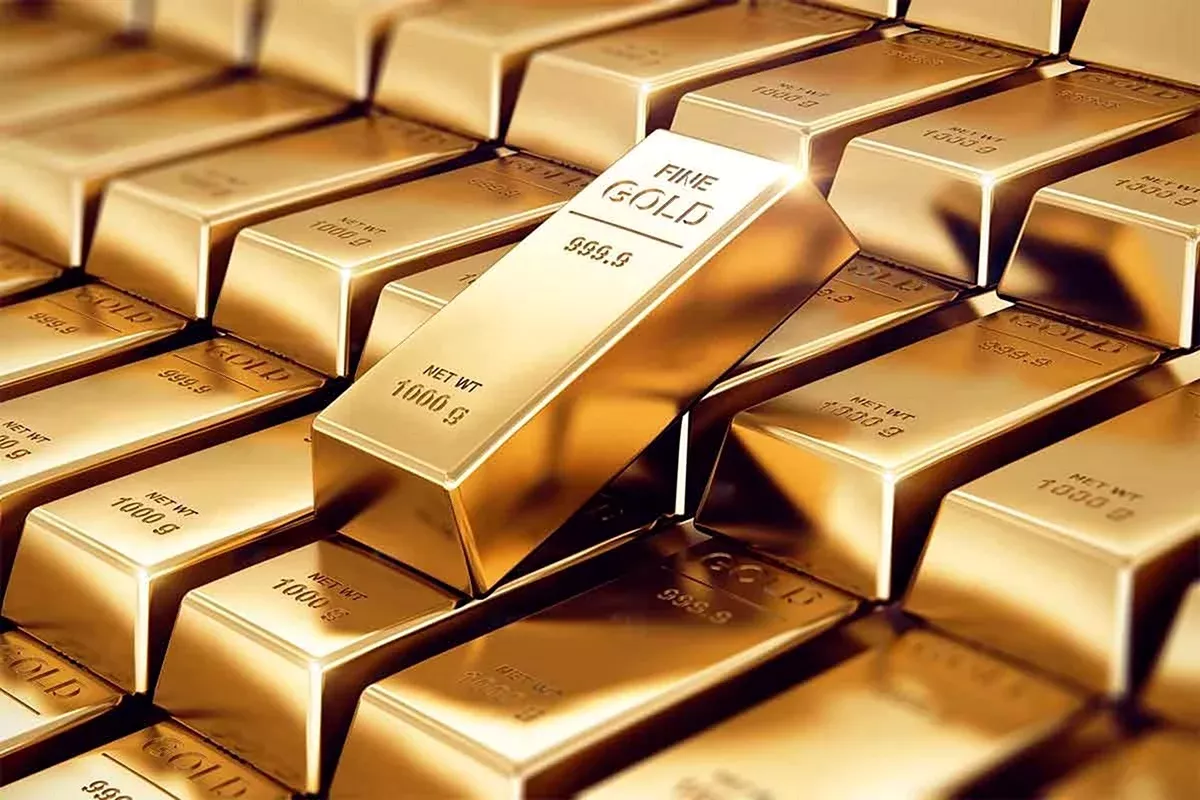
According to the results of April 2025, Uzbekistan is leading as the most active seller in the global gold market. This was reported by the World Gold Council (WGC) in its latest report.
According to the report, in April of this year, the net gold purchases of central banks worldwide amounted to 12 tons. This figure is approximately 12 percent lower than the purchases in March.
The global leader in purchases is the National Bank of Poland, which increased its gold reserves by 12 tons, bringing the total to 509 tons. At the same time, the National Bank of the Czech Republic also increased its reserves by 3 tons, the People's Bank of China by 2 tons, the Central Bank of Turkey by 2 tons, the National Bank of Kyrgyzstan by 2 tons, and both the National Bank of Kazakhstan and the Central Bank of Jordan managed to increase by 1 ton each.
However, the Central Bank of Uzbekistan, on the contrary, reduced its gold reserves by another 11 tons during April. Since the beginning of the year, the country's gold reserves have decreased by a total of 26 tons, currently amounting to 356 tons.
Experts emphasize that Uzbekistan's reduction of gold reserves and participation as an active seller in the global market has allowed the country to reach a record level of international currency reserves. As of May 1, 2025, Uzbekistan's official reserve assets have reached 49.25 billion US dollars for the first time. This figure is the highest record in Uzbekistan's history.
The increase in Uzbekistan's reserve assets is mainly due to the significant rise in gold prices in international markets in recent months and several updates to its historical records. The high valuation of gold in the global market is noted to have brought significant economic benefits to Uzbekistan.
Experts believe that Uzbekistan's gold selling policy is a strategic step aimed at supporting the national economy and diversifying reserves. This allows the country to respond quickly and effectively to changes in the international financial market.